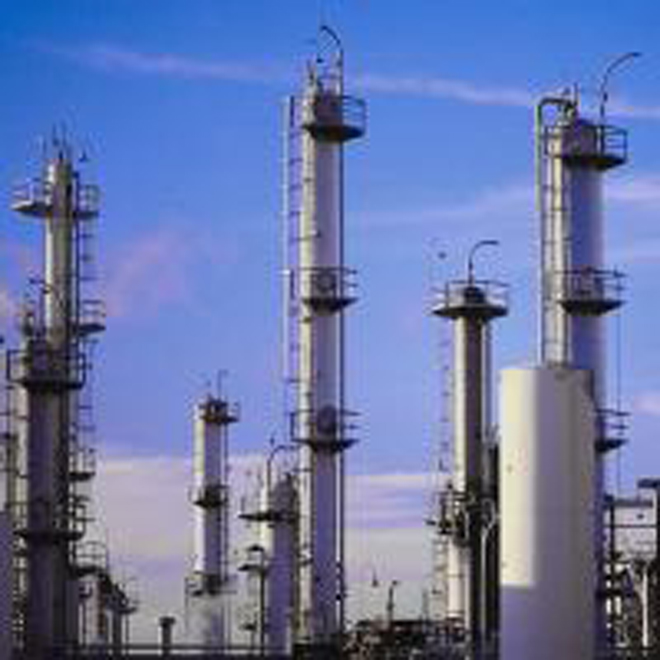Kazakhstan, Astana/ Trend , corr. K. Konyrova/ The construction of an oil refinery plant with the participation of India's state-run Indian Oil Сorporation, Turkish Company "Calik Enerji", and Kazakhstan's National Company "KazMunayGaz" is expected to be launched in the Turkish Mediterranean Sea Port of Ceyhan in 2008, and completed in 2012, an anonymous source in "KazMunayGaz" told Trend Correspondent to Astana today.
The projected capacity of the new oil refinery plant will reach 15mlnT of oil per year. The projected value of the project is estimated at $5bln.
All the three parties, according to the preliminary data, have intensions to hold equal shares in the project - 33.3% each.
"The plant will be put into commission gradually, since it will be oil-chemical-oriented. At first, they are expected to put the fuel part into operation, then the oil and chemical component, since the latter is a more capital-intensive one," said the source.
The new oil refinery plant will become the second similar project in the Port of Ceyhan after the implementation of the Petrol Ofisi Project with the capacity of 10mlnT a year. In spite of this fact, in the source's opinion, the construction of the oil refinery is economically advantageous according to many criteria.
First of all, according to the anonymous informant, the strategic location of the Ceyhan Port is to where oil is carried via the BTC (Baku-Tbilisi-Ceyhan) Pipeline, which has a capacity of 50mlnT per year.
Oil delivered from Kirkuk ( Iraq) may in the near future be piped via the pipeline of Kirkuk-Ceyhan which has a capacity of up to 70mlnT per year.
Notably, Turkey's Government has plans to install the third oil pipeline in its territory - Samsun-Ceyhan, with the initial projected capacity of 50mlnT of oil a year.
"It means that in the near future, the three different pipes meet one another in the area of the Ceyhan Port, which will therefore receive up to 170mlnT of oil per year in aggregate," stressed the source.
Secondly, the economic expediency of the construction of a new oil refinery in Ceyhan lies in the fact that the market is there, in Turkey itself. This production is mainly intended for satisfying Turkey's market with its needs in oil products, which are set up to increase year to year.
Turkey has liberalized its market, by creating equal and similar conditions both to import and export oil products. The country presently is experiencing a shortage of oil refining facilities. According to some data, cited by the source, today, Turkey's needs in oil reaches 32mlnT per year. Most of these oil products are imported from Saudi Arabia, Iraq, Libya, and Russia.
The five oil refineries presently operational in Turkey may produce up to 26.5mlnT of oil product, and the country has to rely on importing the rest of the 6-7mlnT of oil products, buying oil refined products from Russian or Italian companies. According to predictions, by 2010, Turkey's oil dependency will increase to 34mlnT, and up to 43mlnT by 2012.
"Therefore, Turkey is greatly interested in the construction of new oil refineries in its territory in any way. The market's needs force Turkey to do it. We may freely distribute about 10mlnT out of the total 15mlnT to be produced by the new plant. As to the rest of the 5mlnT, we may sell them to India," said the source.
The source said that the whole spectrum of oil products, including all types of high-octane petrol, mazut, diesel fuel, jet fuel, kerosene, and other petrol-chemical products are expected to be produced at the new oil refinery plant.
At the same time, according to the same source, 40% of Turkey's oil demands are just for diesel fuel, 20 % are for mazut, and only after that at third and fourth place is petrol and gas in demand.
"This is explained by the fact that Turkey pays much attention to its army, and significant expenditures are spent on the maintenance of military and defence machinery, which work on diesel fuel," explained the source.






